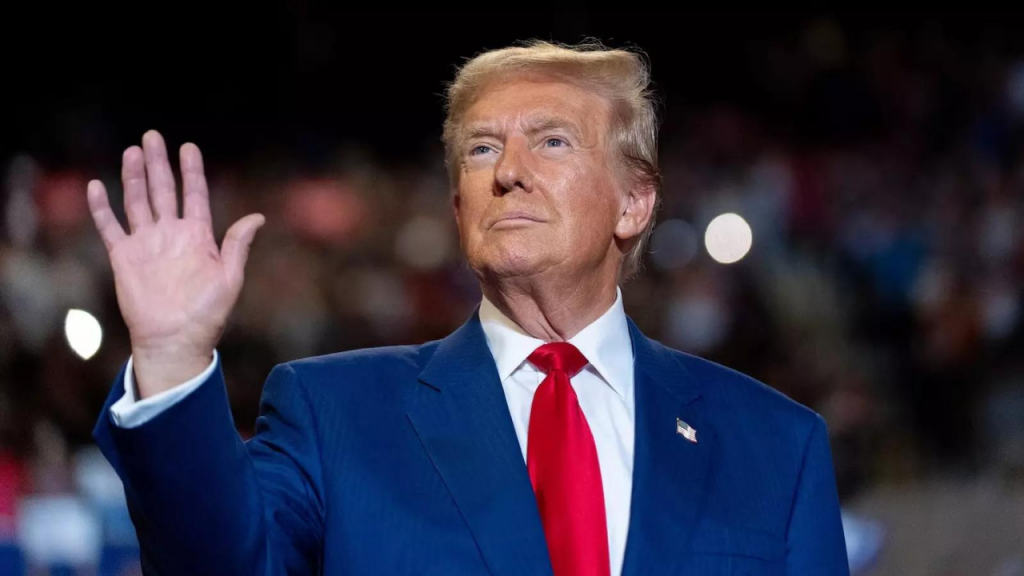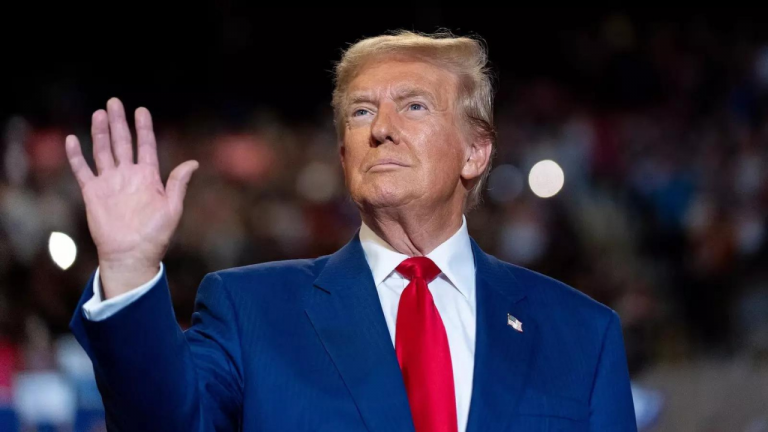India is witnessing a surge in interest in electric vehicles (EVs) as the government pushes for a cleaner and greener transportation sector. With a growing concern for environmental sustainability and rising fuel prices, more and more Indians are considering making the switch to electric vehicles. The Indian government has been implementing various incentives and initiatives to promote the adoption of EVs, such as tax benefits, subsidies, and charging infrastructure development. Major automakers have also been introducing a wide range of electric vehicles in the Indian market to cater to the increasing demand. Companies like Tata Motors, Mahindra & Mahindra, and Hyundai have launched electric cars and two-wheelers, offering consumers more options to choose from. The shift towards EVs is not only driven by environmental concerns but also by the lower operating costs and maintenance expenses associated with electric vehicles. EVs are also seen as a way to reduce the country’s dependence on imported oil and achieve energy security. However, challenges such as high upfront costs, limited charging infrastructure, and range anxiety still remain barriers to mass adoption of EVs in India. As the EV industry continues to evolve and overcome these challenges, it is expected to play a significant role in shaping the future of mobility in India. The government’s ambitious target of achieving 30% electric vehicle penetration by 2030 will require a concerted effort from all stakeholders, including policymakers, industry players, and consumers. With the right support and investments, India has the potential to become a global leader in the electric vehicle market, contributing to a cleaner and more sustainable future for the country.

Posted in
JUST IN
“India’s COVID-19 cases surge as new variants spread rapidly, raising concerns about vaccine effectiveness”
In Trend

San Francisco debates “recovery first” drug policy proposal amid concerns and support over prioritizing abstinence from illicit drugs.




















